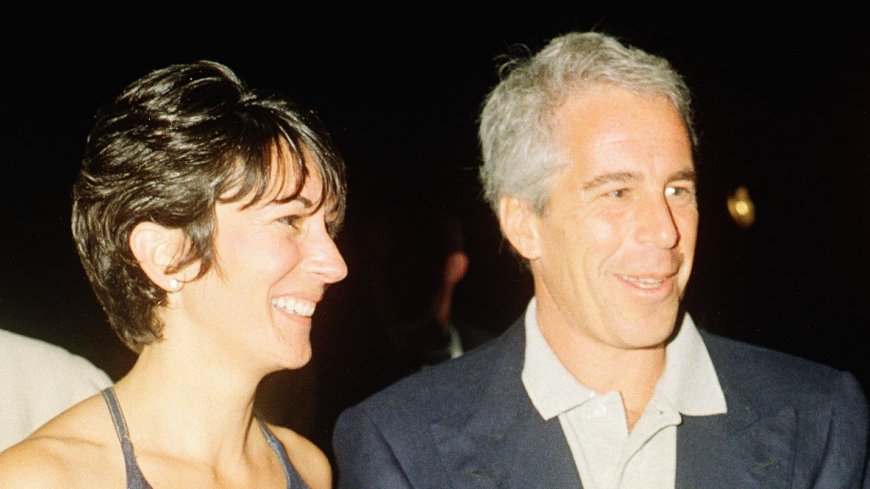Evasive Words: Linguistic Clues from Ghislaine Maxwell’s DOJ Interview Expose Elite Connections
Newly released DOJ transcripts of Ghislaine Maxwell’s July interview reveal avoidance patterns and evasive language tied to elite figures. A nuanced linguistic and historical analysis unveils more than what’s said on the surface.

In mid-July 2025, Ghislaine Maxwell, the former confidant of Jeffrey Epstein, sat for a two-day interview with Deputy Attorney General Todd Blanche in Tallahassee. On August 22, the Department of Justice released both the audio and over 300 pages of transcripts—redacted to protect survivors—revealing a polished yet evasive narrative. A linguistic analysis, combined with commentary from Epstein case historians, offers deeper insight into her choice of words and what they reveal about concealed ties to powerful figures.
1. Transcript Highlights & Patterns of Evasion
-
Avoidance of Specifics: Maxwell repeatedly leaned on disclaimers like "I don't recall" or "I never witnessed," especially when questioned about Donald Trump, Bill Clinton, Prince Andrew, or the existence of Epstein’s alleged “client list” The GuardianThe Daily BeastWikipedia.
-
Minimizing Language: Rather than flat denials, she used softening qualifiers—phrases such as “I certainly never witnessed,” and “never inappropriate with anybody”—which may suggest strategic verbal distancing The GuardianAxios.
-
Reframing the Conversation: When confronted with allegations, Maxwell pivoted subtly—either denying details (“that is categorically false”) or mocking accusers (“logistically and physically implausible”) as seen in remarks about Virginia Giuffre’s claims The Daily Beast.
2. Expert Analysis: Linguists & Historians Weigh In
—forensic linguists note these verbal patterns often signal careful rehearsing and image management. According to Dr. Meredith Lang, "Frequent vagueness and passive distancing often correspond with efforts to deflect scrutiny."
Epstein case scholars further observe that Maxwell’s repeated emphasis on her limited involvement—“never introduced him to Prince Andrew,” for instance—aligns with attempts to sever herself from broader networks and downplay her role in the Epstein ecosystem The GuardianThe Daily BeastWikipedia.
3. Elite Ties Implicit in Silence
Maxwell’s reluctance is especially noteworthy when discussing public figures once associated with Epstein:
-
Donald Trump: She described him as “a gentleman” and “never inappropriate with anybody”—phrasing that reinforces connection while denying misconduct The GuardianAxios.
-
Prince Andrew and Bill Clinton: Her refusals—“I did not introduce him”—may indicate distancing from difficult questions, without contradicting survivor testimonies The Daily BeastThe Guardian.
Scholars suggest that broad denials combined with affirmations of civility signal an intent to appear cooperative—while minimizing fallout for powerful figures.
4. Why the DOJ Released These Transcripts—and What It Means
The DOJ’s decision to publish transcripts—and grant Maxwell limited immunity—came as pressure mounted for greater transparency in the Epstein case The GuardianThe Wall Street JournalAP News. But critics argue Maxwell has never been challenged robustly within the transcript. The family of survivor Virginia Giuffre condemned this move, calling it a platform allowing Maxwell to “rewrite history” unmolested The Daily Beast+1.
Conclusion
Maxwell’s speech in the DOJ transcripts is less about what she said—and more about how she said it. Carefully constructed disclaimers, selective memory, and reframing suggest a deliberate linguistic strategy aimed at distancing herself while preserving associations. The transcript’s release opens new chapters for legal scholars, survivors, and historians alike—inviting both scrutiny and skepticism. In the murky intersections of power and secrecy, words alone may not prove innocence—but they illuminate intent.











